In the third of an twelfth (and wildly popular) series, we interview some of the most talented up-and-coming Sommeliers in Ontario (and occasionally elsewhere). A few years back I was flicking through the pages of a locally published periodical and noticed that when it came to Sommeliers it was the same names that seemed to pop up over and over again. I was also becoming gradually cognisant of the fact that we more established wine folks were well and truly “losing our edge” to these young blood Sommeliers. Being well aware of the depth of new talent that was out there I finally decided to get together with a couple of fellow Toronto Sommelier “Old Guard” (Anton Potvin and Peter Boyd) to assemble a line of questioning that would give us an entertaining insight into the minds of these rising stars.
This week we sit down with the ebullient Lexi Wolkowski, the lady responsible for the ever-changing wine list at Toronto’s Bar Raval.
Good Food Revolution: So Lexi, what is it that you are doing these days?
Lexi Wolkowski: I am the General Manager and Sommelier of a place called Bar Raval. We are a Spanish inspired bar that has lots of delicious shared plates, excellent cocktails and a small, but focused wine program. As the GM, I have a hand in a lot of things that go on in the restaurant, but my passion is running the wine list, and all the training and education that goes along with it.
GFR: And what kind of experience and training did you have before doing what you do today?
LW: I became certified as a Sommelier through the Court of Master Sommeliers. I didn’t have much formal training; my education came through working in restaurants, which I’ve been doing since I was fifteen. At some point, I picked up an obsession with wine, so I learned what I could through working at restaurants, and the rest was a lot of independent study. I wrote the exam when I felt I was ready, and luckily, I passed.
GFR: How would you describe the wine program at Bar Raval?
LW: As I mentioned earlier, our wine program is small, but focused. For me, that means the focus is wine that tells a story. Wine is endlessly fascinating, in that it encompasses so many things: history, culture, geology, language, ideology, geography, and politics to name a few. I like wines that have interest to them; wines that tell you something about how the world works. There are so many things that can be discerned from drinking a good glass of wine, but also, it can be so sublimely pleasurable. There are so many elements that go into a wine, how can you not be enraptured by it? I continue to be fascinated by wine every day, and am never disappointed by the learning opportunities that it provides.
GFR: How much of a role does Grant have in how the wine program is managed?
LW: Grant, as well as Michael Webster and Robin Goodfellow (my other bosses), have been so generous because they have allowed me to do almost anything I want with the wine program (within reason), so I have a lot of freedom. However, before we opened Raval, I had no idea how important sparkling wine was to Spanish culture in a gastronomic sense, and they wanted a large sparkling section on the list. It was a great idea, and now, having been to Spain, I really understand that impulse, so having a large part of the list devoted to sparkling wines makes so much sense. Plus, it’s a lot of fun!
GFR: How many wine agencies are you currently working with? and how do you select who to work with?
LW: I typically work with about twelve to fifteen agencies at any given time. I do this because I want to have access to the products I feel fit our list the most, and not list something just because I work with a particular agency frequently. The individual products largely determine what agencies we work with. That’s why I try and taste as often as I can. You never know what could be out there.
GFR: Now, how do I word this? Have you drunk the Natural Wine Kool Aid? I’m just kidding, how do you feel about the scene?
LW: I love natural wine! But I also recognize its shortcomings. There are many natural wines that are simply unbalanced, and if it doesn’t taste good, there’s no reason to buy it. I view it as being similar to buying a tomato in December just because it’s organic. Its’ organic label is not necessarily going to make it taste good. Sometimes you’re better off with a wine that was made in a conventional style because it is made with integrity instead of a wine that has good politics, but lacks in balance (or fruit, as natural wines sometimes do).
GFR: What makes for a good agent/supplier in your mind?
LW: Good agents are organized and proactive with communication: they try to keep you in the loop when it comes to shipments, availability, new things, etc. Good agents also recognize what products are appropriate to bring to you, and don’t try to push you on something that would never work on your list. The best agents I have are ones that make my job easier by being pragmatic about their ability to provide what I’m looking for, and are up front about it.
GFR: And what makes for a bad agent?
LW: With the LCBO being what it is these days, I know many agents have problems getting product released from the warehouse, and so if something we order isn’t available on time, I know it’s not necessarily their fault. However, I appreciate the heads up when I can’t get something we normally order.
GFR: How do you feel about Canadian wines? Any current favourites?
LW: So many! I’m from Niagara originally, so I love to see Canadian wine doing well. First and foremost, is Pearl Morissette. I’ve had the pleasure of knowing both François and Mel, and I think their work goes unparalleled in terms of ideology as well as their commitment to quality and integrity. Also, Svetlana Atcheva represents their product in the best light possible, and I consider myself fortunate to be able to carry their wines at Raval. They are truly doing something unique, and I can’t wait to see (and taste) their wines years from now.
I also think Leaning Post is an emerging force in the Ontario wine industry. Their wines have integrity and interest, as well as being extremely flavourful. Their Pinot Noirs are out of this world, and I had the pleasure of carrying their Rosé this summer, which was absolutely fantastic.
I also love the wines of Prince Edward County. Norm, the Grange and Hinterland are all making some seriously delicious wines in a climate that can be challenging. The results considering those challenges are not to be taken lightly. Those producers are doing a lot to change public perceptions of what Canadian wine looks (and tastes) like.
GFR: What do we do well in Ontario, in your mind, and for your palate?
LW: Well, I think an obvious choice is Riesling. The Beamsville Bench has an ideal climate for it, and Cave Spring has been proving that for years. I also think Cab Franc is a great varietal for our climate, and recent examples from all Ontario wineries are proving its worth.
GFR: And what do you feel we should give up on?
LW: Cab Sauv, we just don’t get the warmth for it. It’s not a climate where that grape can grow and ripen properly, and the results are rarely successful (except maybe in 2007 or 2012), so I’m not sure it’s worth it. Obviously, it’s got some serious international appeal, but I don’t think Ontario expresses it well.
GFR: Just as there is from everywhere in the world, there is quite a lot of dreadful wine coming from Ontario also. How do you feel about the issue of people simply promoting something because of it being local, and not because of its quality?
LW: I disagree. We don’t do the industry any favours by promoting wines that are bad just because they are local. The only way you raise the quality of wines as a whole is by holding oneself to a higher standard. Like I said, I feel strongly about the quality of Ontario/Canadian wines, but we will never get there unless we examine ourselves critically to determine where we can improve.
GFR: How aware of wine were you whilst growing up? Were you around wine from an early age?
LW: I was not aware of wine growing up at all. My parents (although they drank), never talked about wine, and I wasn’t exposed to it at all when I was a child. My parents are European in descent, but I never had that ‘taste of wine at dinner’ thing that so many of my other friends had.
GFR: Can you remember your first taste of wine?
LW: Not really, but I wasn’t raised in a household where we drank wine at dinner, and if we did, the children certainly weren’t given a taste! I drank shitty wine as a teenager: it was mostly French Cross and L’Epayrié.
GFR: When do you feel children should be introduced to the wonderful world of wine?
LW: As early as possible! I recently had the pleasure of visiting Codorníu in Penedès, Spain, and while we were there, a school group was touring through. And when I say school group, I mean 12 year olds, not high school students. I made a comment to our guide, saying “I can’t imagine taking a class trip like this when I was twelve”, and he seemed totally unfazed, stating that this was a regular occurrence. It struck me that Cava production was an important part of their country’s culture, and as such, merited a school expedition. The reverence for that type of labour is astounding, and I wish the Ontario curriculum could expand itself to include that type of education as well, because it matters.
GFR: When did you first decide that you would like a career in wine?… and was it always with a view to being a Sommelier yourself?
LW: I have been working in restaurants for a long time, but I was also studying at the time, which made restaurants less of a commitment. But I worked with a couple people, during my days at Delux, that changed my worldview. From that point, I was hooked. I didn’t know I wanted to be a Somm, but I knew that I wanted to work in restaurants, and I started studying wine passionately after that.
GFR: So who or what gave you your first insight into the world of wine?
LW: I know I’ve already mentioned her, but Svetlana Atcheva. She is 100 percent the reason why I do what I do. Her mentorship has enabled me to be where I am today. I never cared about wine before I met Svet; her passion is infectious, and I was totally swept away. I guess I could say I had a crude knowledge of grapes, but she completely changed my worldview on the subject, and for that, I am infinitely grateful.
GFR: The Sommelier world is notoriously full of pretentious arseholes, and after seeing that film Somm I worry about the emergence of a new Bro culture… I’d love to hear your thoughts?
LW: I think that culture potentially exists in every industry, unfortunately. Misogyny is still a dominant force that female professionals have to confront on a regular basis. I think the wine industry both upholds and subverts this problem. I feel as though, in Toronto at least, there are many examples of talented and intelligent women who work both as somms and in the wine industry, but I also feel as though they represent a smaller percentage of the population. Pretension isn’t gendered: it can exist everywhere, but from my experience, women don’t have as much access to community as male sommeliers enjoy. Unfortunately, although there are many strong women in this industry, I still encounter people who think our opinions are less valid than our male colleagues. That being said, I don’t know too many professional women that are interested in being part of ‘an old boy’s club’ to begin with, and the communities that are emerging now definitely reflect this sentiment.
GFR: Which wine regions have you had the opportunity to visit?
LW: Growing up in Niagara, and living so close still, means I have had the opportunity to visit several excellent wineries in that region, as well as Prince Edward County. Internationally, I have had the pleasure of visiting Penedès in Spain, as well as cider producers in the Basque Country. I also have had the opportunity to visit some wineries in New Zealand when I was living there some years ago, in particular the wines of Waiheke Island.
GFR: Have you ever made your own wine?
LW: I have not unfortunately. Although I would love to be able to work harvest at some point in my life, or maybe do a home/small-scale fermentation project. Fermentation is a beautiful thing, and I’d love to be able to learn more about it.
GFR: And where would you like to make wine (in a pipe dream)?
LW: If I could choose anywhere, it would probably be Loire. It’s always been a favourite of mine, and some of the first wines I fell in love with came from that region. It’s also such a versatile region in terms of style, so I feel the possibilities are really open.
GFR: So do you prefer to manage people or bottles and why?
LW: Managing bottles is easy in some aspects: you taste and choose, and then disperse that information so your staff can talk about them too. Managing people is exponentially more difficult, as each individual is unique, with their own set of strengths and challenges. It is hard to figure out how to elicit the best performance from each person because they each require something unique in order to see them succeed. Managing people is certainly the most difficult aspect of my job, and it is something I’m constantly trying to improve upon.
GFR: What have been your career highs and lows?
LW: When I get the chance to talk to a table about wine, and they are really into the dialogue and the selection, that’s a career high. Introducing people to something new that they love gives me a lot of bliss. These ‘a-ha’ moments are crazy joyful, and I love to see people experiencing them. Passing my CMS exam was another high for me. The lows are borne out of a realization that not everything is going to be ideal, and sometimes pragmatics win out over having the perfect list.
GFR: Who is, in your mind, a real role model for Sommeliers?
LW: I think Bruce Wallner has done a lot for burgeoning sommeliers. He is tirelessly trying to raise the overall level of consciousness of somms in this city, and as a master sommelier, takes the time to bring new sommeliers up, providing them with mentorship that the CMS traditionally doesn’t offer. I also have a ton of respect for Christopher Sealy: his talent and dedication for his craft is inimitable. I’m always in awe every time I’m at a tasting with him.
GFR: And for Wine Agents?
LW: Mark Cuff has done some really great things for Toronto. Although the style of wines in [The Living Vine’s] portfolio is quickly becoming popularized, I feel they go against the grain in order to represent products that possess integrity. He and Zinta (Steprans) have been an absolute dream to work with, not only because of the wines they bring in, but the care they provide for their clients. I cannot say enough nice things about them both.
GFR: Do you still have nightmares about working with wines? I do… regularly… and it usually involves being unable to find bottles in a cellar… and the clock is ticking away… in fact I had one last night!!! And I haven’t been in the role for over five years!!!
LW: My nightmares about work are still going unfortunately haha. However, they are usually limited to me being the only server in a seemingly massive room, often with preposterous obstacles, and new tables keep popping up out of nowhere. I always awake panicked, thinking how many guests I haven’t been able to care for properly. It’s an awful feeling, but a real fear of mine.
GFR: Sommeliers famously have their Sundays off… What’s your idea of a perfect Sunday?
LW: Hanging with my boyfriend! That’s it, maybe lunch at Edulis, and watching football for the rest of the day.
GFR: Where are your favourite places to dine and drink.. perhaps tell us a hidden treasure of our city?
LW: I love Archive for wine, Josh has an amazing list. Toronto has so many good restaurants, it’s really grown in the past few years I think. Campagnolo: they have the best Italian food in the city. And I love hanging out at the 47. Daniel Usher is one of my favourite people who cooks some delicious food, with great beer and wine to round out their offerings. Fat Pasha has a great wine list, and I am in love with Kevin Gilmour’s food, the flavours are so vibrant. And without sounding too cheesy, I really love Isabel. Every thing (food, drinks, service) is on point every time I go, and that was the case before I started working for the company. I love it there.
GFR: Do you cook yourself? What’s your favourite dish to cook these days?
LW: I am a terrible cook, but I love doing it when I have the time. My favourite thing these days is making rice. I really want to be able to do it properly. If I have time in the afternoon, I’ll cook rice and then make some Asian-y vinaigrette to douse it in (kimchi, tamari, chili, scallion, etc). I would love to have more time to cook at home, I find it really relaxing.
GFR: And have you had any cooking disasters recently?
LW: Just last week I burnt a pan of broccoli in the oven. The whole house smelled like burnt vegetable, and my poor boyfriend (who hates the stuff) was not pleased.
GFR: Do you feel that there is a good Sommelier community in Toronto?
LW: Absolutely. There are more and more sommeliers these days, and I think there’s a really good base of people who want to get together to taste and learn.
GFR: Do you hang about with other Sommeliers?
LW: Yes, I’m lucky to be surrounded by some great people in this industry.
GFR: How do you feel about Toronto as a wine and cocktail city? Where do you go if you need to get your wine or cocktail on?
LW: Well Archive has an amazing wine list, so there’s always lots of great glass pours. I don’t drink a lot of cocktails, but I really enjoy having one at Raval post shift when the opportunity presents itself. Watching those guys work behind the bar is mesmerizing, it’s got a such a theatrical quality to watch them build a cocktail.
GFR: What would you be doing if you were not doing what you are doing today?
LW: Haha not sure. This line of work seems really natural to me, and I’m not sure where else I would fit into the world if not for restaurant work. I like taking care of people, and helping them enjoy themselves.
GFR: What are your thoughts on music in restaurants?
LW: Asbolutely essential. When done correctly, it elevates the vibe set by good drinks and food. Should never detract from the product. I have been in austere restaurants without music, and found it awkward.
GFR: Do you have a favourite food/wine related scene in a film/movie or show?
LW: Goodfellas! That scene where they talk about slicing the garlic with the razor blade, that’s an indelible image for me. It was the first time I thought about food as being a visceral experience. Something so sacred that it requires a serious protocol in order to execute properly. I mean really, who’s going to take the time to use a razor blade to slice garlic that thin? But it really meant a lot to the guy doing it; it was vital to his success in making that dish.
GFR: Funny, that’s a scene that I often think of myself!
I know that you have non-industry friends… how do they feel about what you do for a living?
LW: I think for a while they didn’t take it seriously, that waitressing was something I did to get myself through school. I’m lucky though, I have a really supportive group of friends who may not understand what I do, but appreciate and support my passion to do it.
GFR: What are your thoughts on blind tasting wine?
LW: I find it really challenging, but ultimately, useful. There’s always that pressure to ‘do well’, but it forces you (correctly so) to examine the wine on solely physical properties, which helps you put aside red herrings like labels, marketing, names, etc.
GFR: Are you a better blind taster with or without a bad hangover? I’m definitely the former…
LW: Definitely better without a hangover. Mostly because I don’t even want to think about tasting wine when I’ve had too much the night before. Feeling refreshed and on my game gives me focus that helps me assess wines properly.
GFR: What’s your current favourite wine region?
LW: I’ve always been into Loire wines, and that’s never changed for me. The region offers so many exciting and varied choices; it’s hard not to fall in love with their expressions of Chenin, Gamay or Cab Franc. I always find something to love there. I’m also really excited about Penedès at the moment; Raventós i Blanc is making some exciting biodynamic sparkling wines outside of the Cava D.O., and I’m really excited to see what producers will follow in their footsteps.
GFR: In your mind, as a Sommelier, what is “hot” in the world of wine right now?
LW: Of course, natural and biodynamic wine is huge. Hopefully, this will not be a passing trend, as a lot of these wines denote integrity and ideology, and I hope that people will continue to appreciate these types of wines based on those principles. In addition to that, serving sparkling wine in regular wine glasses seems to be big these days. I love that people are challenging the notion of a flute as the proper vessel to evaluate and enjoy sparkling wines.
GFR: And what’s not so hot? What has fallen out of favour?
LW: I think what I would like to see fall out of favour are wines that are without geographical distinction or commitment to regionalism. This has been happening in Spain since the 80’s, where growers are ripping up international vines in order to re-plant indigenous grapes like Mencía, and endeavouring for more terroir-driven or region-specific expressions. I also think (maybe fallaciously so) that high-alcohol, over-extracted styles are starting to lag in popularity. They are not as food-friendly, and not as crushable as leaner and higher acid wines, and just as my palate has evolved from loving jammy Shiraz, I hope the global palate will too. 🙂
Lastly, I think traditional appellations are slowly becoming less crucial to consumers. You see more people making wine outside of those laws because those laws don’t always allow for the types of wine they want to make. It’s not often easy (from a financial perspective) to make wines outside of an appellation as there are many people who look for the appellation on the label, but the producers making wine in this fashion pave the way for more radical wines down the road. Of course, I don’t mean to say that traditional appellations are on the way out, just that newer regulations such as the ‘Vin de France’ label can allow for more stylistic freedom, and some of the results are seriously delicious and merit consideration.
GFR: When it comes to wine is there anything that you feel is overrated?
LW: ……..Amarone. I know it may be sacrilegious to say, but I’ve never enjoyed drinking more than an ounce or two of the stuff. I find it too heavy-handed to be crushable, too concentrated to enjoy with most foods. My palate admittedly gravitates toward lighter reds, but from an ideological perspective, the best expressions of these wines are also just plain inaccessible. Who has the money to spend $400 on a bottle of Quintarelli? In truth, I feel this way about a lot of premium wines. Of course they are excellent, but who can afford to drink them? Even as somms, I think it’s fair to say that we have the opportunity to taste many fine wines, but mostly at the behest of guests who are bringing them in.
GFR: I’m with you on that one actually!
What is your favourite wine pairing right now, something nice and seasonal?
LW: If I were to think of a perfect winter pairing, I would choose a huge bavette with a Crozes-Hermitage. I love the idea of going to a place like Le Select in the middle of a snowstorm, hunkering down in a banquette and ordering a great steak frites with a nice bottle of peppery Syrah to go with it.
GFR: Okay… three pairings with me on the spot?… this time with… chips
What would you suggest to pair with them wine or beverage-wise… and why?
1: Cheetoes
LW: My first instinct is sparkling. Cheetos have an intense flavour that tends to coat your tongue (and also leaves some cheesy, starchy bits on your back molars), so a zippy sparkling wine could wash all of that away, refreshing your palate for more.
2. Miss Vickys Salt and Vinegar
LW: A really saline Manzanilla sherry would do the trick I think, a classic style like Bodegas Hidalgo La Gitana.
3. Pringles Sour Cream and Onion
LW: Definitely a white, and with the sour cream, I would want something savory and herbaceous, maybe a Grüner Veltliner or Assyrtiko.
GFR: How open do you find the Bar Raval clientele to trying new things when it comes to wines?
LW: I like to think they’re fairly open, as we offer a lot beverage-wise that isn’t widely available, but I have also organized the list in a particular way where there might not be the specific wine they’re looking to drink, but there is a comparable alternative to that wine. My main objective is to make sure people are enjoying what they’re drinking, but I strongly believe that I can introduce people to new/weird things while still fulfilling a component that they’re looking for. That’s the beauty of curating a small wine list: you can’t have a selection for every drinker’s desire, but you can tailor your selections so that they can provide an alternative (hopefully broadening some horizons in the process!). Although, that said, there’s always a bit of a stigma when it comes to Canadian wines, and people aren’t always open to the idea.
GFR: Do you often drink beers or spirits?
LW: Not really. I love a good Cantillon (my sister’s partner is a serious beer aficionado, and often shares some beautiful ones with me), but I just don’t appreciate beer/spirits the way I love a good wine. At Raval, we talk a lot about spirits, beer and sherry (wine too) during lineup and training, but I don’t spend a lot of time outside of work pursuing those things.
GFR: What is your least favourite part of your job as a Sommelier?
LW: Without being annoying, I don’t have a least favourite part. I honestly love my job, and I’m excited to talk wine anytime. You take the good with the bad, and the good overshadows the bad by a long shot.
GFR: What is your weapon of choice when it comes to a corkscrew?
LW: Just a regular ol’ corkscrew. I have a nice Laguiole that I use at home, but at work, I need something that I don’t care about ruining, so I use a two-step or a classic, whatever’s at hand.
GFR: And your thoughts on the Coravin system… has it changed the playing field?
LW: Absolutely! It’s so great for agents to bring out all the wines these days. It’s such a good opportunity to taste people on wines without all the waste. I love when restaurants use them too; it really makes certain wines accessible for people.
GFR: Speaking of which, where do you stand on the screwcap vs. cork debate? And how do your customers feel about that?
LW: I recently had such a hilarious screwcap experience! I keep most of my cellar at my mom’s house as she has the proper cellar conditions (her basement) and keeps the wine out of my immediate reach. At Christmas, I pulled a New Zealand Chard out of the cellar (screwcap) and chilled it. Upon opening, I noticed that the liquid in the glass was extraordinarily pale, which I questioned, but thought that, for whatever reason, it might have had something to do with the screwcap (the wine was five years old at this point, and had travelled around quite a bit, so I immediately suspected the closure to be the problem). When I tasted it, everything became ‘clear’: my mom had drunk the wine, then filled it with water, and put it back in the cellar! Ever since then, I trust the screwcap, but my family? Not so much haha.
I’ve also never had a guest comment in recent memory about a screwcap on a wine. When the wine is being consumed immediately, I don’t see why it should present a problem to the guest.
GFR: Due to us always being around alcohol, many people in our industry often have quite the increased tolerance for wine/booze, or they develop issues. What is your limit and how do you keep yourself in check?
LW: I think about this a lot actually. I really value my job, so it’s important to keep alcohol in check so I can do my job effectively. Although I love drinking, I really hate the feeling of being drunk. I try to balance my work/wine life with self care: yoga, eating well, sleeping lots and spending time at home all contribute to that feeling of being well-rested and ready to work.
GFR: Have you ever been “cut off”? If so, where and when was the most recent time? Did you get cut off at that pool party during the summer?
LW: I’ve never been cut off, although I’m sure my behaviour has merited it at times. Luckily, at the pool party I behaved myself.
GFR: Do you have a good hangover cure?
LW: Salt. In any form. Fizzy water.
GFR: How many wines do you taste in a week?
LW: It depends on the time of year (ie, if we are making some big overhauls to the list), but I would say between 10 to 15 wines per week, even if I’m just revisiting some wines to see where they’re at.
GFR: When tasting with agents do you choose to spit or swallow?
LW: Always spitting. I want to give my palate the best advantage, and I can’t do that when I swallow. Plus, most of the time, I’m working that evening, and I can’t handle the premature hangover that follows tasting a bunch of wines. Sometimes I make an exception or two when something is particularly delicious.
GFR: What’s your “house” wine at home?
LW: Vinho Verde is always around. It’s cheap, delicious, and is very drinkable. White is a constant at our house, we very rarely drink red, and if we do, it’s on the leaner side, and only in the depths of winter. We buy a lot of Muscadet as well.
GFR: Most remembered glass of wine ever?
LW: 2004 Léon Barral Faugères. I am all about variety and different experiences and flavours, but if this was the only glass of wine I could taste for the rest of my life, I would not be mad about it. I still have a bottle in my cellar that I think I’ll have to open soon…
GFR: What is your perfect glass (or bottle) of wine at the end of a crazy day at work?
LW: At the end of a long day, I want something that engages me. The work we do has such a social component to it, and so at the end of the day, I like to drink something that engages me instead of me engaging other people. These days, that usually means a structured white with good acidity and depth of flavour. I’m really into the Denavolo Catavela these days: it’s complex; yet really refreshing (and comes in at 10.5%ABV) which makes it dangerously crushable.
GFR: And now the cheesy question Lexi… If you were a grape varietal which would you be? and why?
LW: I would love to say I’m a Riesling: extremely versatile & thriving in all sorts of contexts, but in truth, I’m more of a Viognier; stubborn at times, and difficult to grow properly, but hopefully, worth the labour.
GFR: Thank you for taking the time Lexi!… and thanks for doing this.
Edinburgh-born/Toronto-based Sommelier, consultant, writer, judge, and educator Jamie Drummond is the Director of Programs/Editor of Good Food Revolution.
Peter Boyd has been a part of Toronto’s wine scene for over two decades. He has taught the Diploma level for the International Sommeliers Guild, and has been the sommelier at Scaramouche Restaurant since 1993. He also writes about wine, food and pop culture and raises show molerats for fun and profit. He’s also one of the most solid guys in the business.Trust this man. Seriously… he knows his shit and is slowly taking over this city. He just celebrated his 67th birthday!
A well-known and much respected figure on the Toronto food and wine scene for almost twenty years, Potvin has worked in many of the city’s very best establishments including Biffs, Canoe, and Eau. In 2004 Potvin opened his incarnation of the Niagara Street Café, a restaurant that has gone from strength to strength year after year, with universal critical acclaim. Anton spends much of his time traveling and tasting wine and has been ranked highly in consecutive years of the International Wine Challenge. Anton is now GM at DaiLo with Chef Nick Liu.

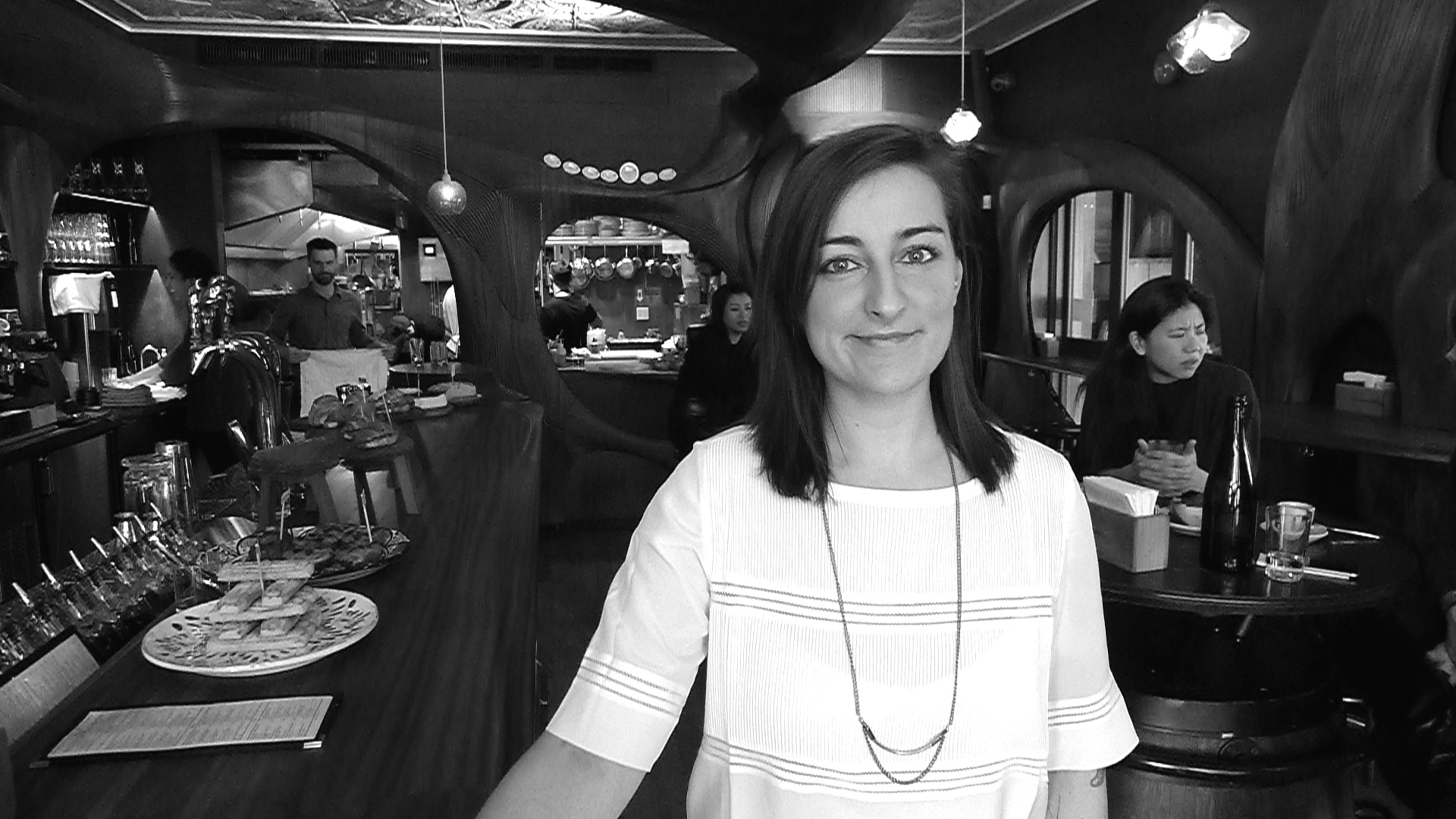
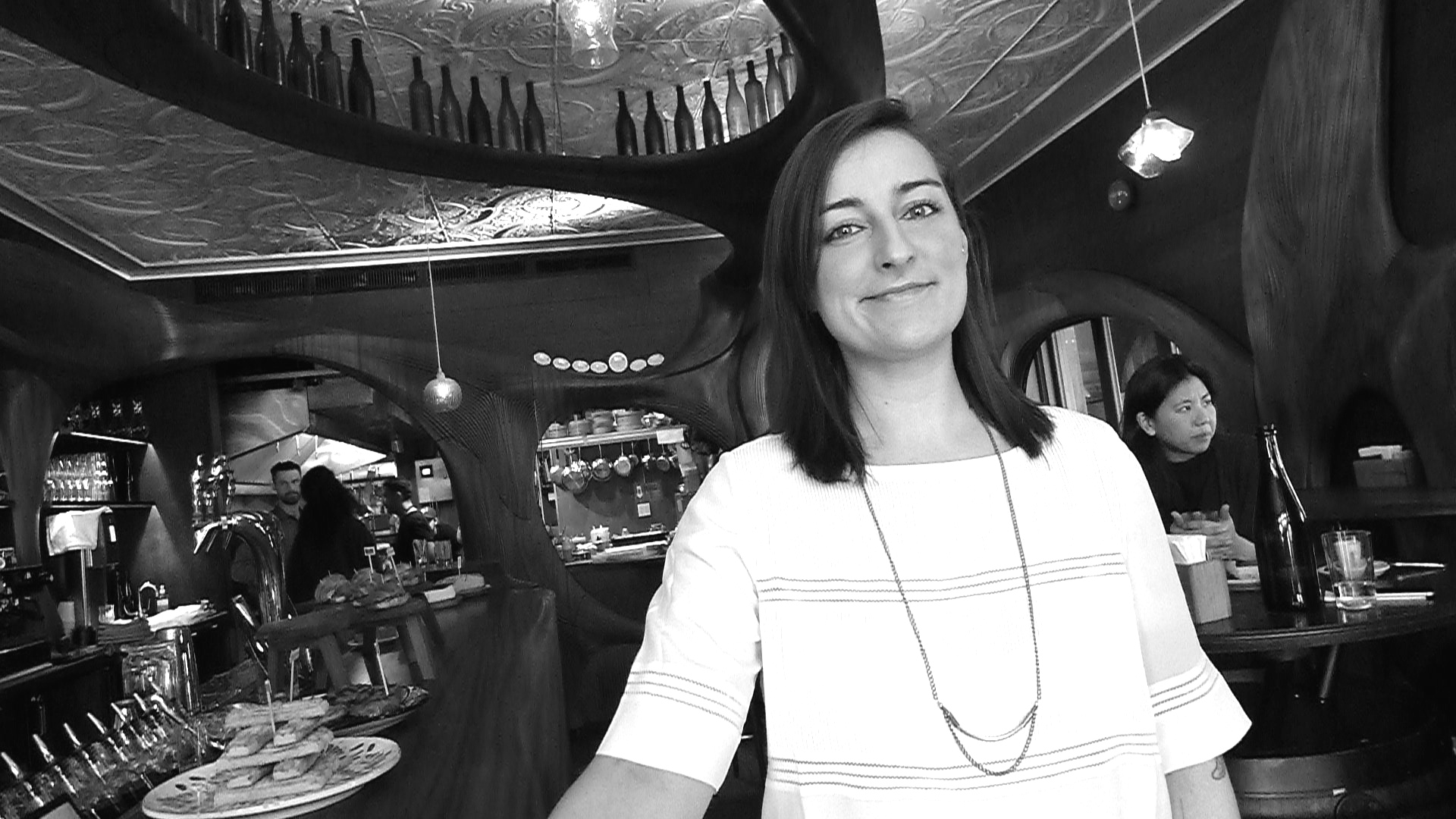
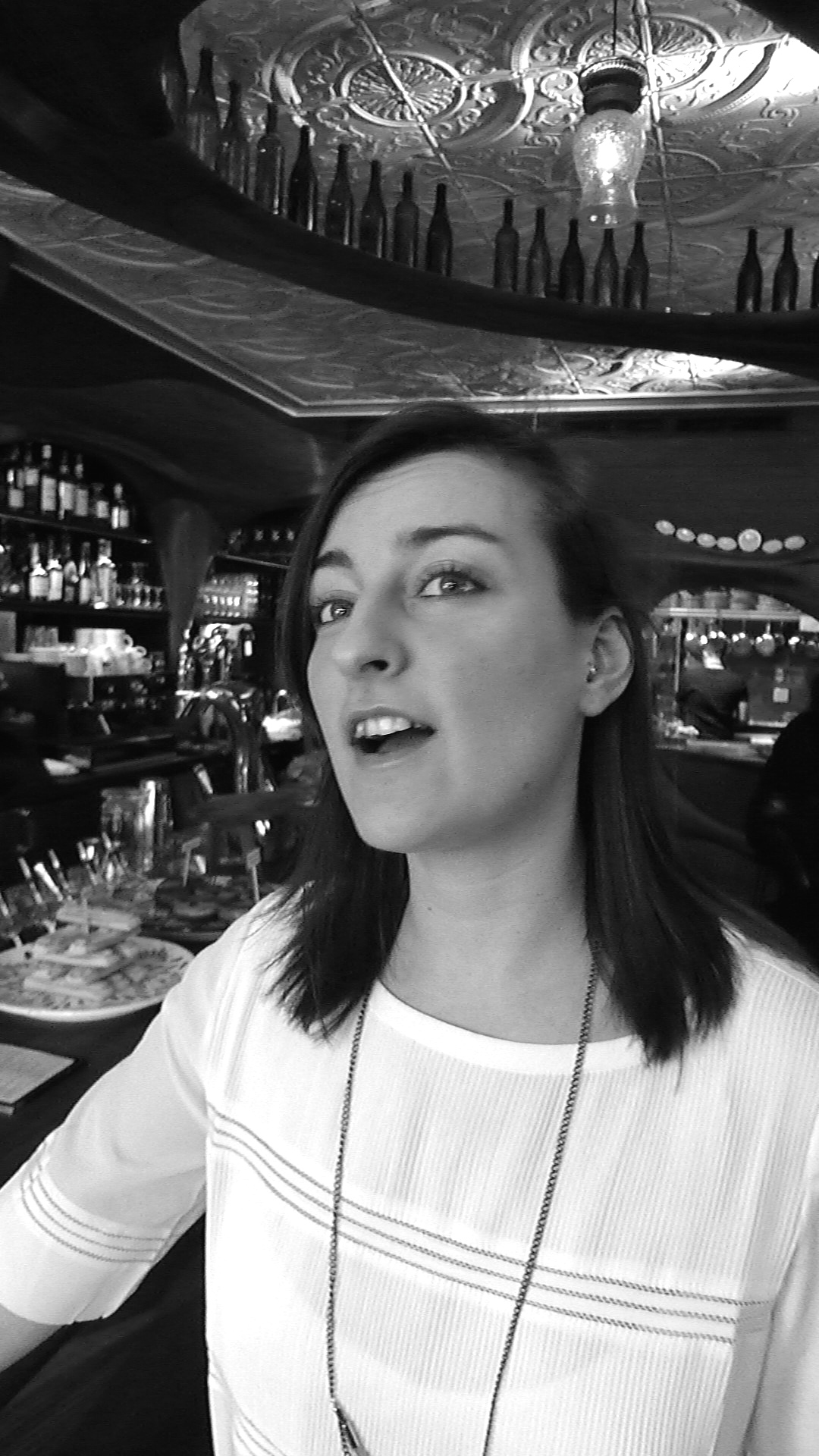

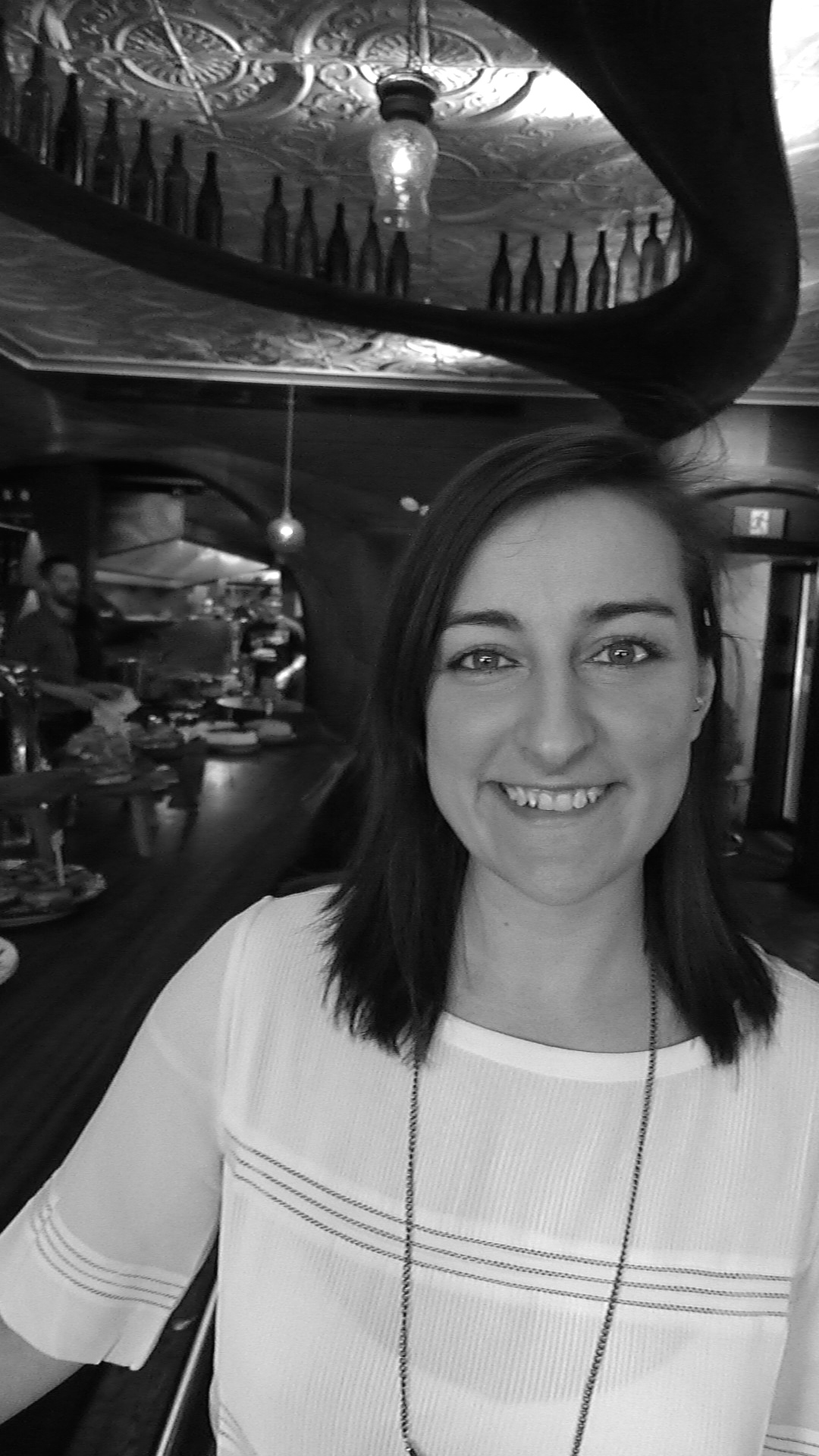

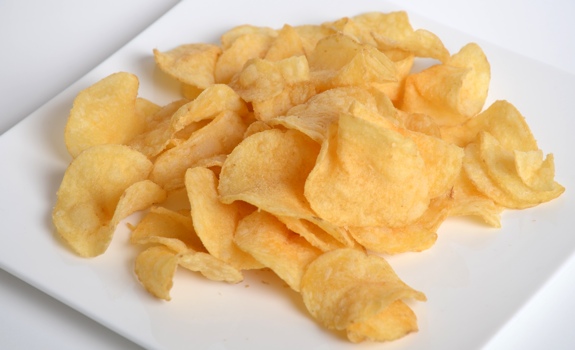
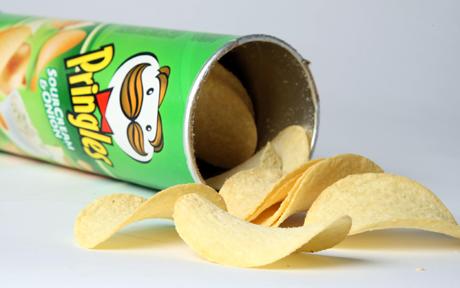
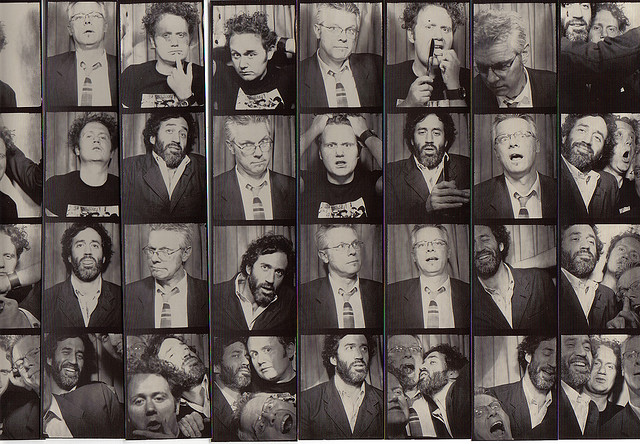

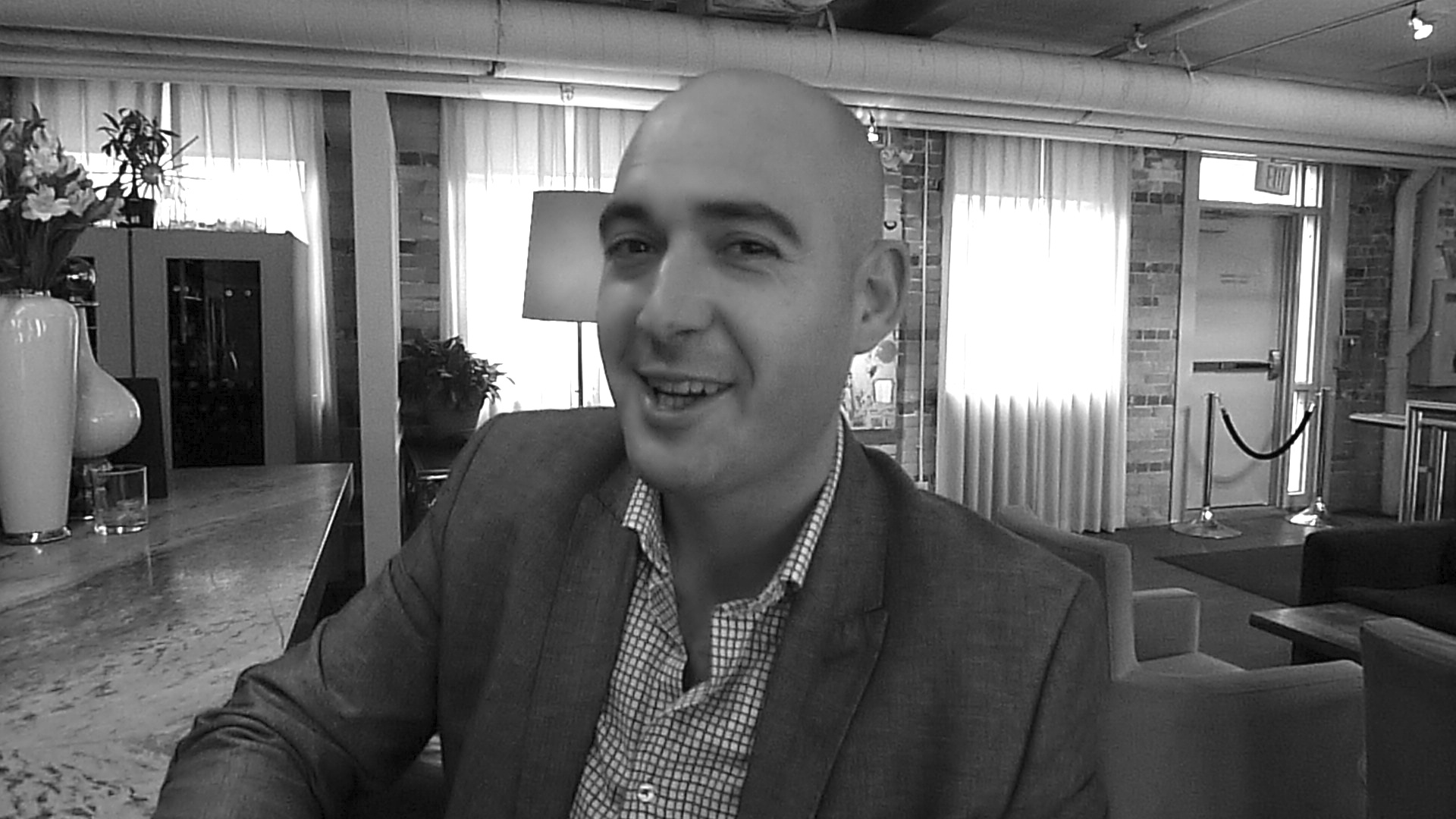
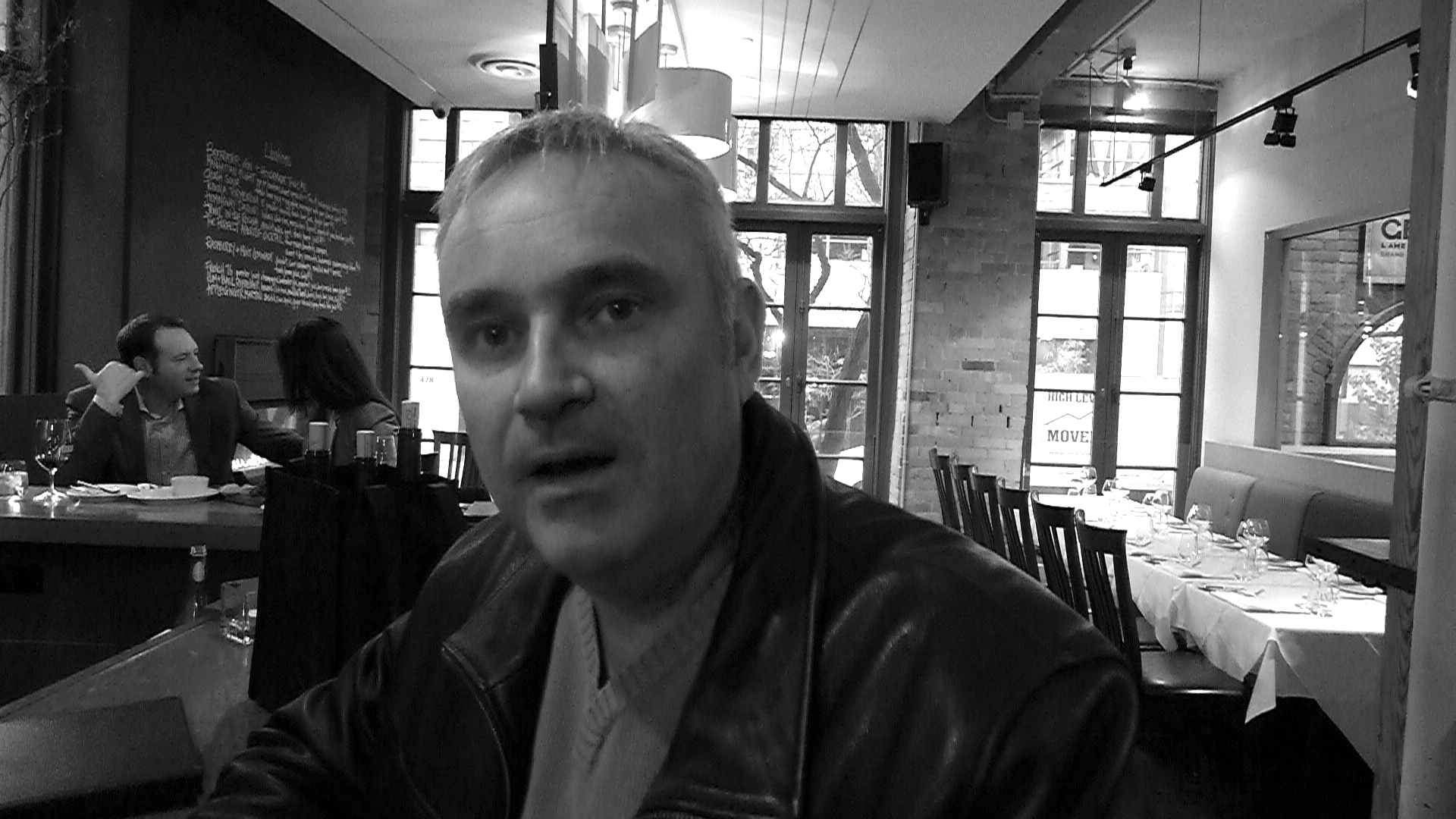
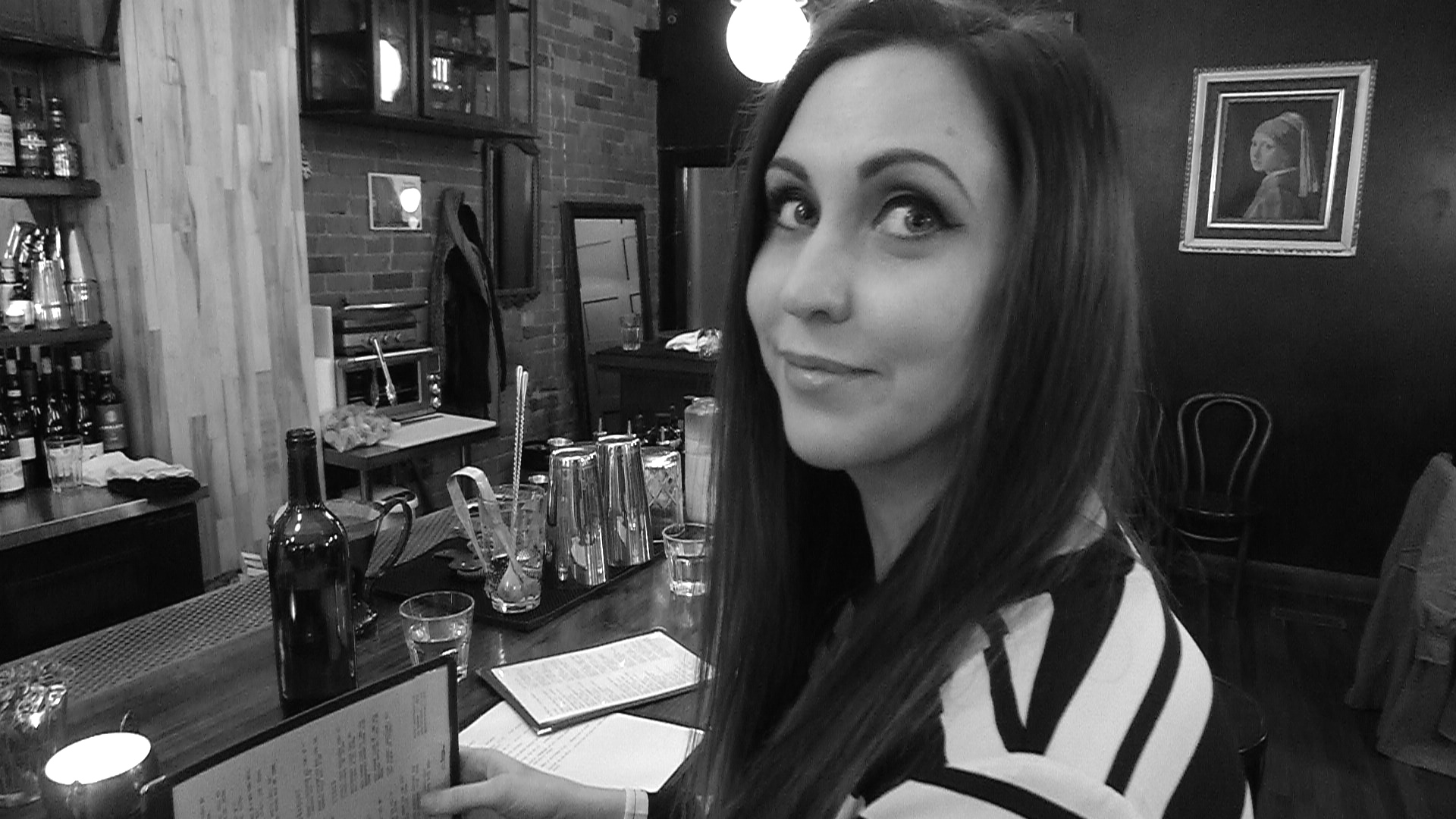


Attention: Lexie Wolkowski
This title is available from Amazon.com:
French cuisine, the spirit and the letter.
Best regards
Wolkowski
Sorbonne universite